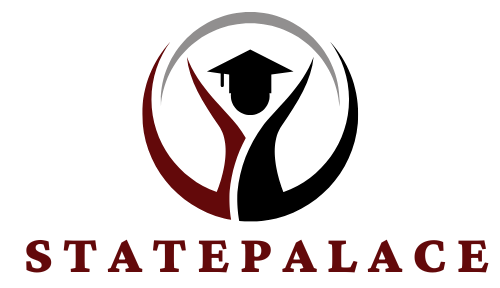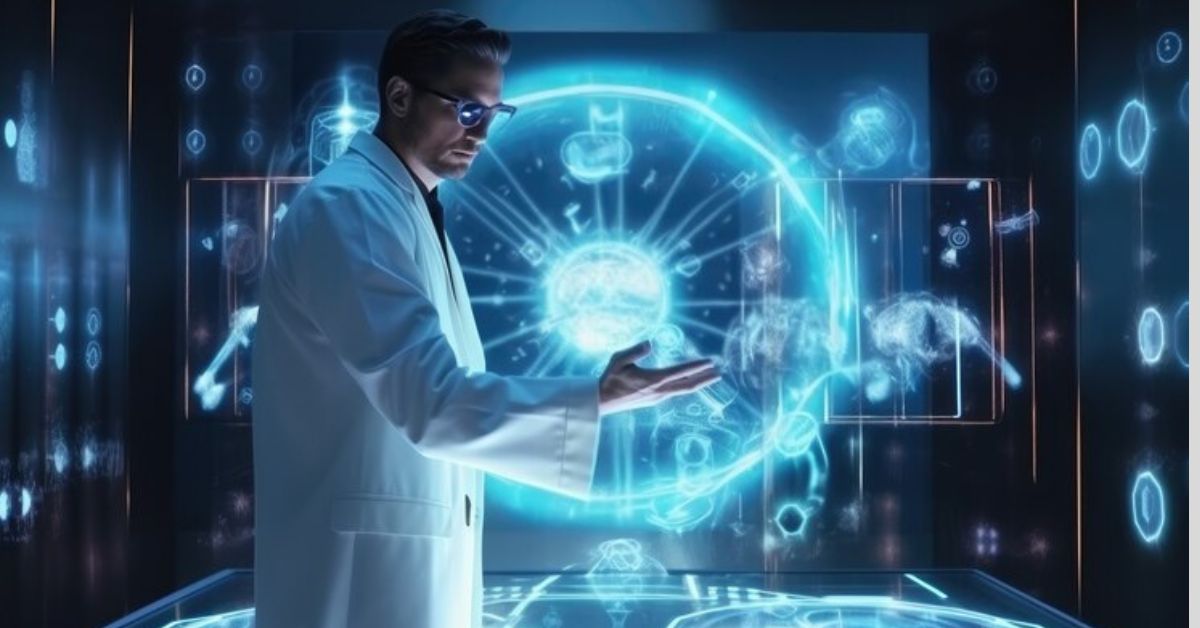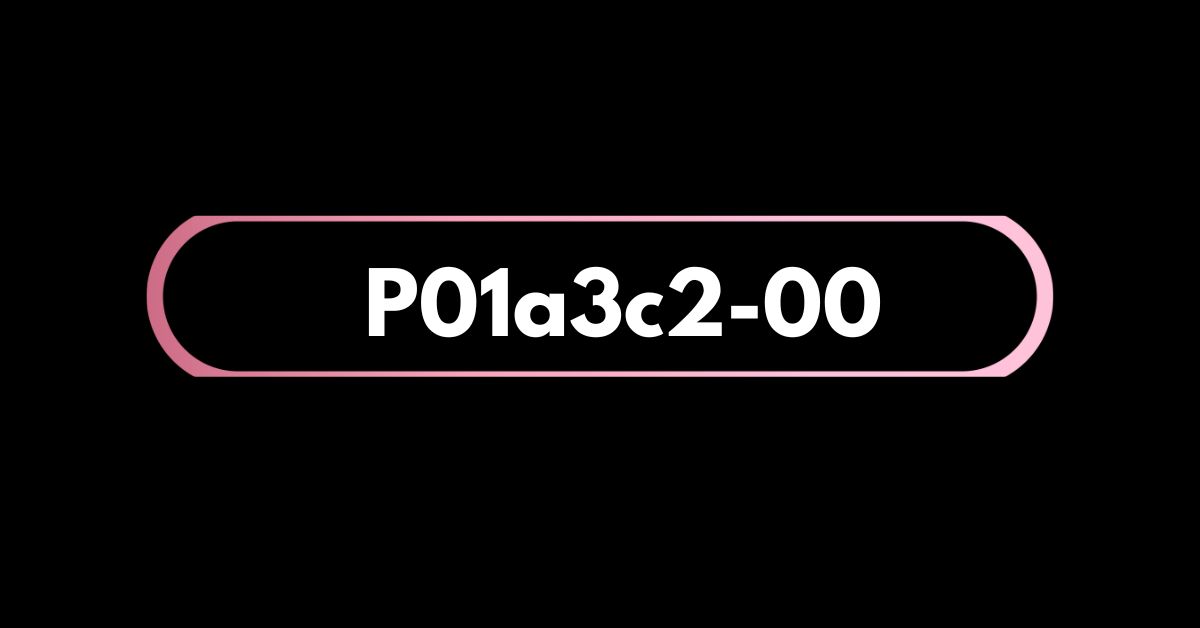Contents
- 1 A New Era in Healthcare: Zeronski Predictions
- 1.1 AI-Powered Diagnostics for Faster, Accurate Detection
- 1.2 Personalized Medicine Tailored to Individual Needs
- 1.3 The Role of CRISPR in Advanced Gene Editing
- 1.4 Wearable Tech for Real-Time Health Monitoring
- 1.5 Telemedicine: Accessibility Without Borders
- 1.6 Big Data in Predictive Healthcare Analytics
- 1.7 3D Bioprinting for Organ and Tissue Replacement
- 1.8 Robotics in Surgical Precision and Efficiency
- 1.9 Virtual Reality for Medical Training and Patient Therapy
- 1.10 Blockchain for Enhanced Data Security
- 1.11 The Promise of Regenerative Medicine
- 1.12 Nanotechnology in Drug Delivery
- 1.13 Ethics and Challenges in Technological Healthcare Advancements
- 1.14 Regulation and Responsible Innovation
- 1.15 The Road Ahead: Shaping a Patient-Centered Future
- 2 Conclusion
Zeronski Predictions offer a glimpse into the future of healthcare where advancements in technology, science, and personalized approaches promise transformative changes. This vision projects a healthcare system that is proactive, driven by technology, and designed to deliver precision and accessibility to patients worldwide. Through innovations such as AI-driven diagnostics, CRISPR-based gene editing, and wearable technology, Zeronski envisions a redefined healthcare landscape. While challenges remain, the benefits of these breakthroughs could be profound, offering hope for a healthier future.
A New Era in Healthcare: Zeronski Predictions
Zeronski Predictions propose a bold vision for healthcare—a future that moves beyond traditional reactive methods toward proactive and personalized treatments. This forward-looking approach focuses on predictive medicine, identifying potential health risks before they escalate, and delivering customized care for individuals. This could significantly improve patient outcomes while also optimizing healthcare resources, addressing both patients’ and healthcare providers’ needs effectively.
AI-Powered Diagnostics for Faster, Accurate Detection
AI-powered diagnostics stand at the forefront of Zeronski’s vision. These tools can analyze vast amounts of medical data to detect diseases earlier and more accurately than traditional methods. For instance, AI algorithms can identify early signs of conditions like cancer in imaging scans, often surpassing human detection accuracy. This technology holds the potential to revolutionize diagnostics, allowing for prompt intervention and improved patient outcomes.
Personalized Medicine Tailored to Individual Needs
In a shift from one-size-fits-all treatments, Zeronski Predictions emphasize personalized medicine—customizing medical treatments to suit each patient’s unique genetic makeup, lifestyle, and health history. By analyzing individual data, healthcare providers can better predict a patient’s response to specific treatments, reducing side effects and enhancing efficacy. This approach not only boosts success rates but also empowers patients with treatments uniquely suited to their needs.
The Role of CRISPR in Advanced Gene Editing
CRISPR-based gene editing is another cornerstone of Zeronski’s future healthcare vision. CRISPR technology allows scientists to “edit” DNA, potentially removing genes linked to certain diseases. By eliminating the root causes of genetic disorders, CRISPR can offer hope for curing conditions previously deemed incurable, such as certain cancers and hereditary illnesses. This could pave the way for a new era where inherited diseases are no longer a life sentence.
Wearable Tech for Real-Time Health Monitoring
Wearable technology, such as smartwatches and fitness bands, is rapidly evolving to provide valuable health insights. Zeronski Predictions foresee a future where wearable devices continuously monitor health metrics, including heart rate, blood pressure, and even glucose levels, allowing real-time tracking. This technology could alert users to health risks, empowering them to take preventative measures and seek early medical intervention, thereby enhancing health outcomes.
Telemedicine: Accessibility Without Borders
Telemedicine represents a key component of Zeronski Predictions, as it breaks down geographical barriers, making healthcare more accessible. Through virtual consultations, patients can connect with healthcare providers from anywhere, reducing travel burdens and ensuring timely care. For individuals in remote areas or with mobility challenges, telemedicine could provide a lifeline, democratizing healthcare access on a global scale.
Big Data in Predictive Healthcare Analytics
The use of big data in healthcare has transformative potential. By aggregating and analyzing health data from diverse sources, healthcare providers can predict trends, track disease outbreaks, and personalize treatments. Zeronski Predictions highlight big data as a critical tool for population health management, allowing a deeper understanding of how certain conditions affect different demographics, leading to more effective, targeted healthcare strategies.
3D Bioprinting for Organ and Tissue Replacement
3D bioprinting is poised to change the future of organ transplantation and regenerative medicine. By using a patient’s cells to print tissues and organs, 3D bioprinting could one day eliminate organ donation waitlists and rejection issues. Zeronski’s vision includes this technology as a vital tool for addressing shortages in organ transplants, potentially saving countless lives and improving patients’ quality of life.
Robotics in Surgical Precision and Efficiency
Robotic technology in surgery has already demonstrated remarkable success in enhancing precision. With Zeronski Predictions, robotics will become even more integral to complex surgeries, reducing human error, and improving recovery times. Robotic surgeries could offer minimally invasive options for complex procedures, leading to faster recoveries and shorter hospital stays, ultimately benefiting both patients and healthcare systems.
Virtual Reality for Medical Training and Patient Therapy
Virtual reality (VR) has applications in both medical training and patient therapy. For training, VR offers a risk-free, immersive environment where medical professionals can practice complex procedures. For patients, VR therapy can alleviate pain, reduce anxiety, and improve mental health. Zeronski Predictions see VR as a game-changer in both patient care and professional education, fostering innovation and enhancing the overall healthcare experience.
Blockchain for Enhanced Data Security
Data security is paramount in healthcare, and blockchain technology offers a solution by securing patient data. Zeronski’s vision integrates blockchain to prevent data breaches and maintain patient privacy. With blockchain, medical data is stored in decentralized, encrypted databases, making unauthorized access nearly impossible. This strengthens patient trust and promotes a safer, more transparent healthcare environment.
The Promise of Regenerative Medicine
Regenerative medicine aims to restore or replace damaged tissues and organs using cellular therapies. Zeronski Predictions highlight regenerative medicine as a revolutionary approach to treating chronic conditions like heart disease and diabetes. By enabling the body to repair itself, regenerative medicine could extend lifespans and improve the quality of life, offering a new approach to managing degenerative diseases.
Nanotechnology in Drug Delivery
Nanotechnology enables the creation of microscopic particles that can deliver drugs directly to target cells, improving treatment efficiency. By minimizing side effects and enhancing drug potency, nanotechnology aligns with Zeronski’s goal of precision medicine. This approach allows for targeted treatment, particularly in cancer therapy, where precision is critical, potentially reducing the damage to healthy cells.
Ethics and Challenges in Technological Healthcare Advancements
While Zeronski Predictions paint an optimistic future, ethical considerations remain. Issues around data privacy, equitable access, and the potential misuse of technologies like CRISPR raise concerns. Additionally, the high costs of advanced medical technologies could create disparities in healthcare access. Addressing these ethical challenges is crucial to ensuring Zeronski’s vision is beneficial and fair to all.
Regulation and Responsible Innovation
For Zeronski Predictions to succeed, governments and regulatory bodies must create frameworks that encourage innovation while protecting patients. Clear regulations around AI, genetic engineering, and data security are essential to ensure these technologies are used responsibly. Balancing innovation with accountability is key to turning Zeronski’s vision into a reality that benefits society.
The Road Ahead: Shaping a Patient-Centered Future
The ultimate goal of Zeronski Predictions is to create a healthcare system centered on patients’ needs, offering tailored, accessible, and effective care. This vision, while ambitious, is achievable with collaboration between scientists, regulators, and healthcare providers. By putting patients first, Zeronski’s vision could usher in a new era where healthcare is more personalized, proactive, and accessible than ever before.
Conclusion
Zeronski Predictions present a promising future for healthcare, one where technology and human-centered care converge to improve patient outcomes. Although challenges lie ahead, with careful regulation, ethical considerations, and responsible innovation, Zeronski’s vision can transform healthcare as we know it. By embracing these advancements, we could be on the brink of a new era in global healthcare.
FAQs
What are Zeronski Predictions?
Zeronski Predictions outline a future vision of healthcare that integrates advanced technology for personalized, proactive medical care.
How does AI improve healthcare?
AI enhances healthcare by providing accurate diagnostics, predicting health risks, and enabling early intervention, which improves patient outcomes.
What is CRISPR, and why is it important?
CRISPR is a gene-editing technology with the potential to cure genetic diseases by altering DNA, a transformative possibility in treating hereditary conditions.
How can wearable tech impact health monitoring?
Wearable devices allow real-time health tracking, enabling users to monitor key health metrics and detect early warning signs.
What are the ethical concerns of Zeronski Predictions?
Ethical concerns include data privacy, access disparities, and potential misuse of genetic technologies, which require careful regulation to address.











